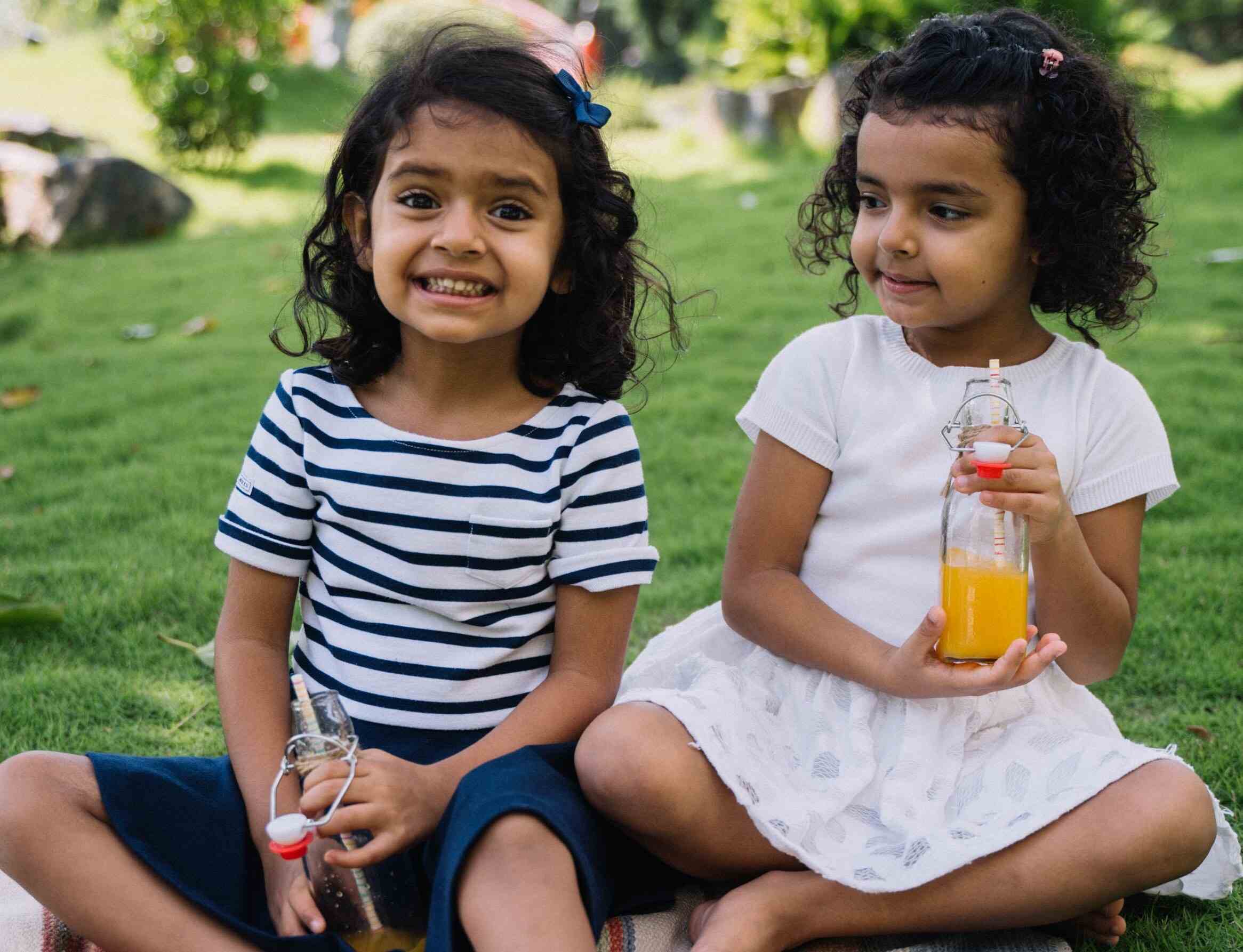Does the mental health of parents and caregivers impact early childhood development?
Reading time - 5 min.
Regards,
Related Articles
Potato peels can enhance skin care routines, offering benefits like hydration, exfoliation, and remedy for dark circles
Potato peels are often overlooked and discarded, but they hold various beneficial properties that can enhance skin care routines. Rich in vitamins and minerals,...
Myopia is rapidly rising globally, with lifestyle factors like low-light indoor activities contributing to the condition
Myopia, commonly referred to as nearsightedness, is rapidly becoming a worldwide health epidemic. Statistics indicate that approximately 50 percent of young adults in the...
So Now India-Bangladesh Relations Face ‘Test of Balance’ in New Geopolitical Era?
The political transition marked by Bangladesh’s general election of 12 February, 2026, represents not merely a change of government, but a broader moment of...



 Rushda is responsible for Bernard van Leer Foundation’s work in India. Previously, she helped manage Bloomberg Philanthropies’ India Smart Cities Challenge, a competition to select 100 cities for central government funding as part of the country’s Smart Cities Mission. Rushda has led research in 11 countries for Princeton University’s Innovations for Successful Societies to analyse reforms that improve government performance and accountability. She has also served as a core team member on the re-election campaign of a two-term Member of Parliament, advised a World Bank team on case study research, and managed a global leadership programme for a New York-city based non-profit.
Rushda is responsible for Bernard van Leer Foundation’s work in India. Previously, she helped manage Bloomberg Philanthropies’ India Smart Cities Challenge, a competition to select 100 cities for central government funding as part of the country’s Smart Cities Mission. Rushda has led research in 11 countries for Princeton University’s Innovations for Successful Societies to analyse reforms that improve government performance and accountability. She has also served as a core team member on the re-election campaign of a two-term Member of Parliament, advised a World Bank team on case study research, and managed a global leadership programme for a New York-city based non-profit.